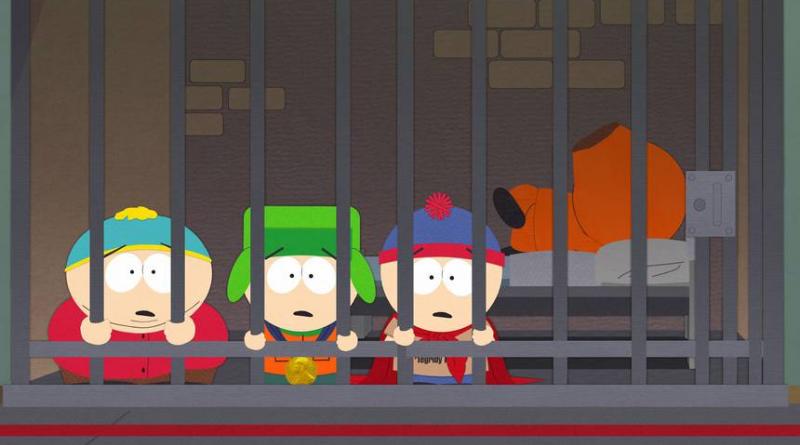What 'South Park' got right about climate change

The show dug deeper into the changing climate's origins and hard truths than most news reports.
I recently wrote a post explaining what "South Park" got wrong about climate change. So now, as a humble "South Park" fan, I'm pointing out what the show actually got right about our current environmental crisis. Spoiler: it's a lot.
Not that "South Park" started out all environmentally woke. The show used to flirt with denying climate change. In an episode from a previous season, Al Gore tries to scare people with the idea of Manbearpig — a monster and thinly-veiled metaphor for climate change. Gore is presented as an attention-seeking narcissist, making up an imaginary monster because he lost the presidency. In another episode, we see Manbearpig in Imaginationland, a fictional place full of imaginary characters.
But in this season, Manbearpig is real. The show has a new target: climate change deniers. Several characters smugly insist Manbearpig isn't real, even as he breaks through windows and hurls people against walls. And the show's main characters apologize to Al Gore for making fun of him. In this two-parter, the show admitted and tries to fix its mistake.
Back in the day, "South Park" didn't just get climate change wrong — it broadcast its denial to other people. So perhaps the show is trying to undo some of the damage it caused, a pretty admirable decision. But the show's insights didn't just end with an apology. "South Park" also did something that even most lengthy articles about climate change don't do: find the root of the problem.
Sometimes, it can be hard to weed through all the media's climate change "causes." Perhaps big business is at fault, or government. Perhaps it's the beef industry, airlines or coal mines.
"South Park" identified the real instigators, the ones that started humanity on the path toward environmental destruction: old people. Previous generations have been causing climate change since the Industrial Revolution kicked off. Particularily in the 1900s, they created a consumer society that turns natural resources into dangerous waste. People went from walking everywhere to driving cars.
But it's not old people's fault. Every generation has made the same kinds of choices. In the end of the two-part episode, the boys and other townspeople have the chance to get rid of Manbearpig ... If only they give up their favorite video game and soy sauce. But the citizens of South Park turn down the deal. Each generation chooses luxuries over the environment.
People often blame big business or government for climate change. And they're not wrong; one study found 100 companies make 71 percent of greenhouse gas emissions, primarily fossil fuel companies. But "South Park" points out that consumers are the bottom line. Big energy companies are big because people buy their stuff. Fossil fuel companies emit so much pollution because people use energy in their businesses and homes.
Putting politicians and CEO's in jail won't magically bring about a happy environmental ending. We've been voting for climate change with our dollars for over a century. A more sustainable world must include new politicians, but it'll also need more bike lanes, lentils and birth control. We can force the government to make businesses stop destroying the planet (particularly if we talk to our communities, vote, lobby and protest), but only if we're willing to accept some sacrifices.
4 December 2018
Ilana Strauss



